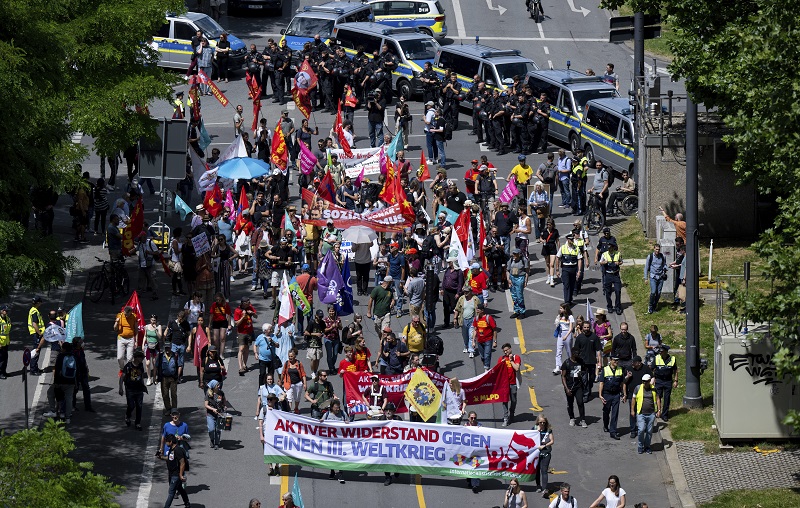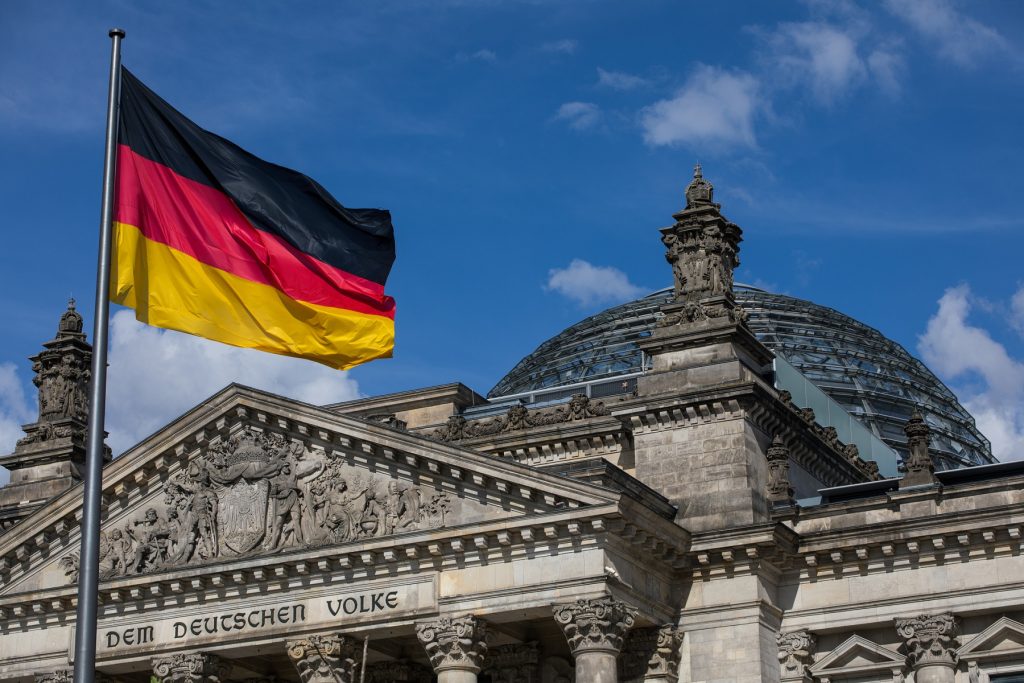headline news online news
Business confidence in Germany weakened again in October, a key survey said Tuesday, as the country hurtles towards a recession on the back of high inflation and a raging energy crisis. online news
The Ifo institute’s monthly confidence barometer, based on a survey of about 9,000 companies, fell for a fifth consecutive month to reach 84.3 points, down from 84.4 points in September.
The business mood “continues to be grim”, Ifo president Clemens Fuest said in a statement. “The German economy is facing a difficult winter.”
German inflation hit a record of 10 percent in September, fuelled by higher energy prices after Russia halted gas flows through the crucial Nord Stream 1 pipeline amid tensions over the war in Ukraine.

The German government now expects Europe’s biggest economy to shrink by 0.4 percent in 2023, and the Ifo survey is the latest in a series of economic indicators showing a gloomy outlook.
“Companies and households are increasingly suffering under higher energy invoices and ongoing high inflation, adjusting consumption and investments,” said ING economist Carsten Brzeski.
“There is very little evidence that the German economy can avoid recession,” he added.
mfp/sea/imm
© Agence France-Presse. All rights are reserved.
headline news online news
Notes from APS Radio News
From the early part of March 2020 to April 15, 2022, the US Federal Reserve had been increasing its holdings by nearly $5 trillion dollars.
It did this each month of that period by buying billions of dollars of corporation and government bonds, in effect, infusing massive amounts of money into the economy.
And, as the FRED graph shows, it did so at rapid rate or at a high rate of velocity.
Economists say that when massive amoutns of fiat money are infused into the economy at high rates of velocity, the likelihood of noticeably higher rates of inflation is made greater.
A number of other central banks followed a similar policy.
For example, between late February 2020, even days before the media started fixating on the virus thingy, and March of this year, the European Central Bank embarked on its own version of monetary expansion.
During that period, the ECB increased its holdings by over 5 trillion euros.
The Bank of Japan also increased its holdings.
Between February of 2020 and earlier this year, it had increased its holding by a few hundred trillion Yen.
For a number of years, including the Bank of Japan, major central banks have kept their interest rates low.
For its part, the Bank of Japan kept its interest rates at negative rates, meaning that depositors had to pay banks to hold their money.
During and before the pandemic, major corporations had increased the number of mergers and acquisitions, as those entities were able to make their purchases using inexpensive money and higher stock valuations.
The other part of the equation was that of supply.
As a result of lockdowns, many small and medium-sized businesses were closed.
Shipping ports had lost workers, and truck drivers going to those ports had to wait in long lines, as a result.
In effect, well before Russia’s invasion of Ukraine, shortages of various goods and services developed.
The invasion and sanctions imposed have aggravated shortages of commodities like petroleum and grain.
And there have been instances of price gouging.
headline news online news


